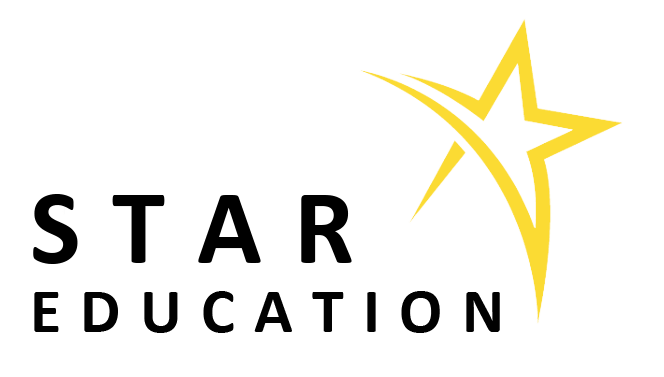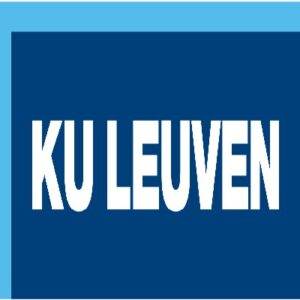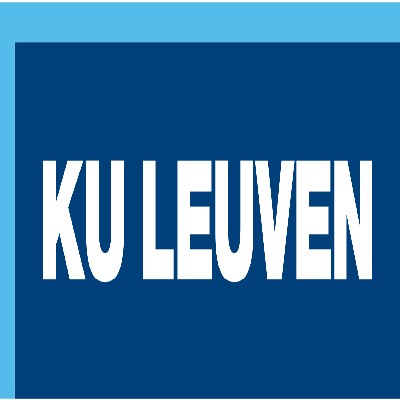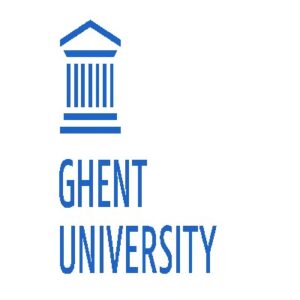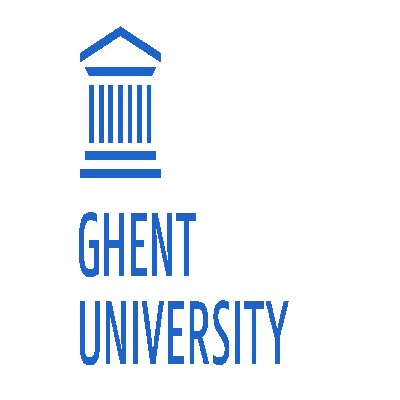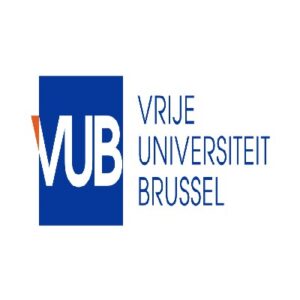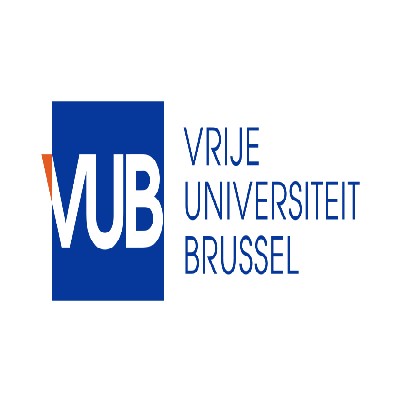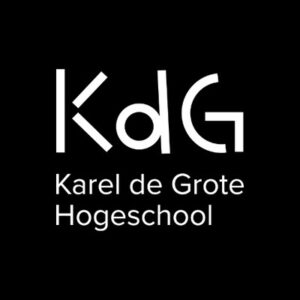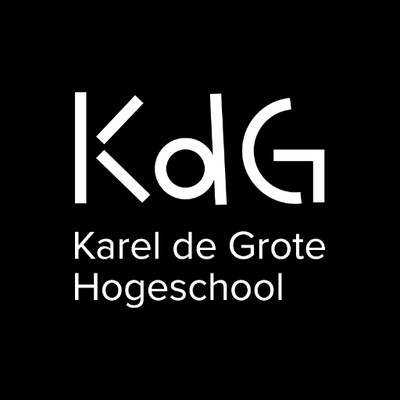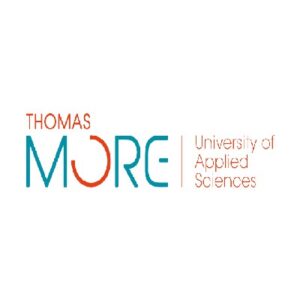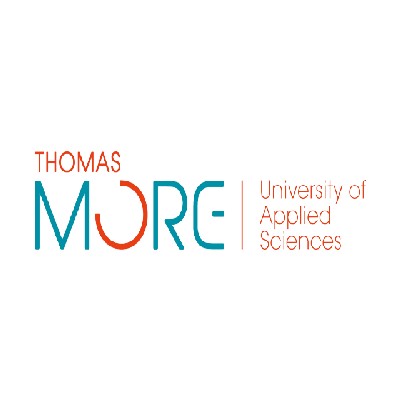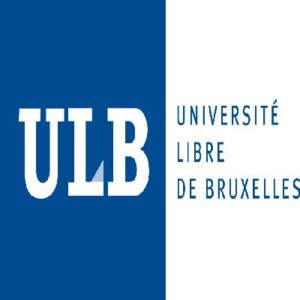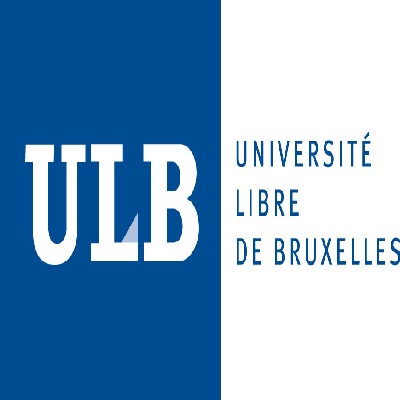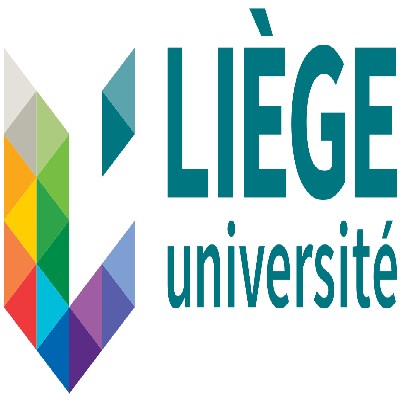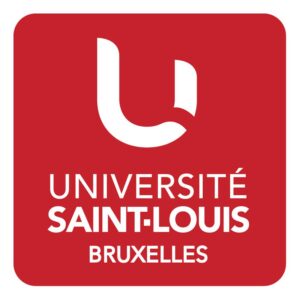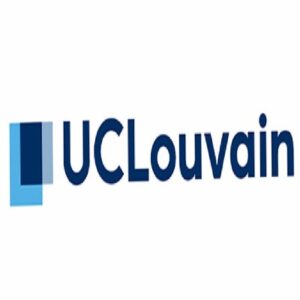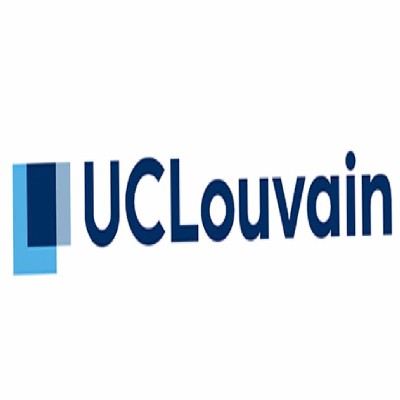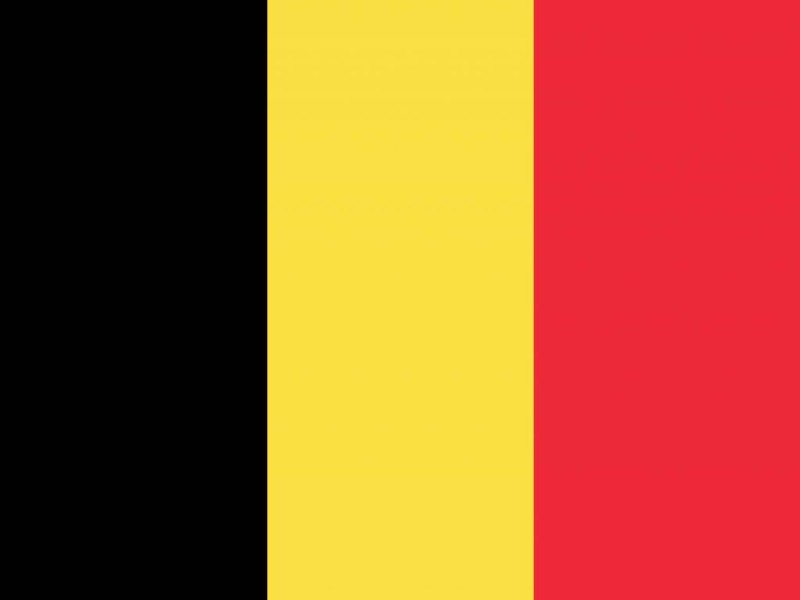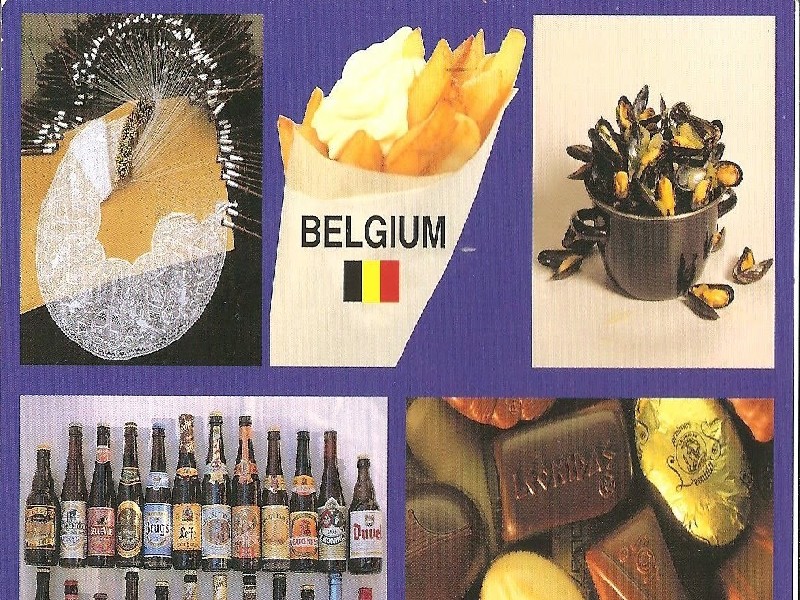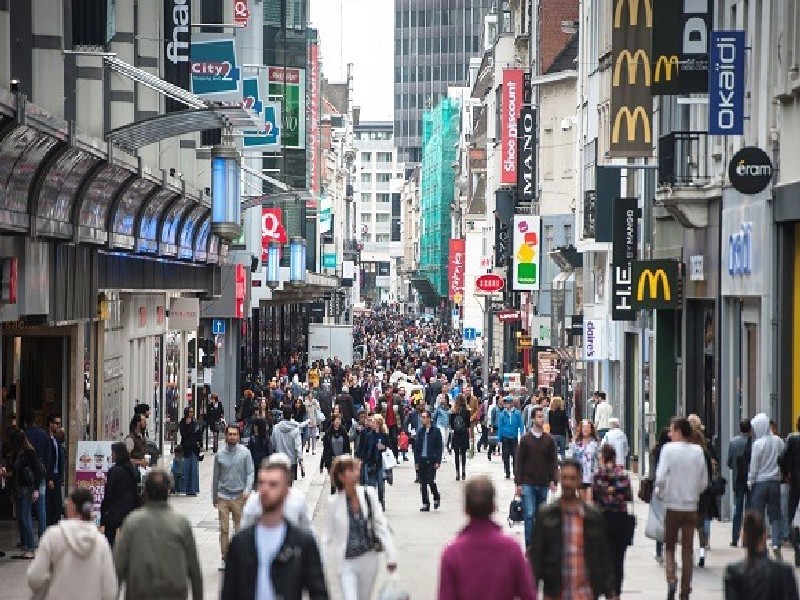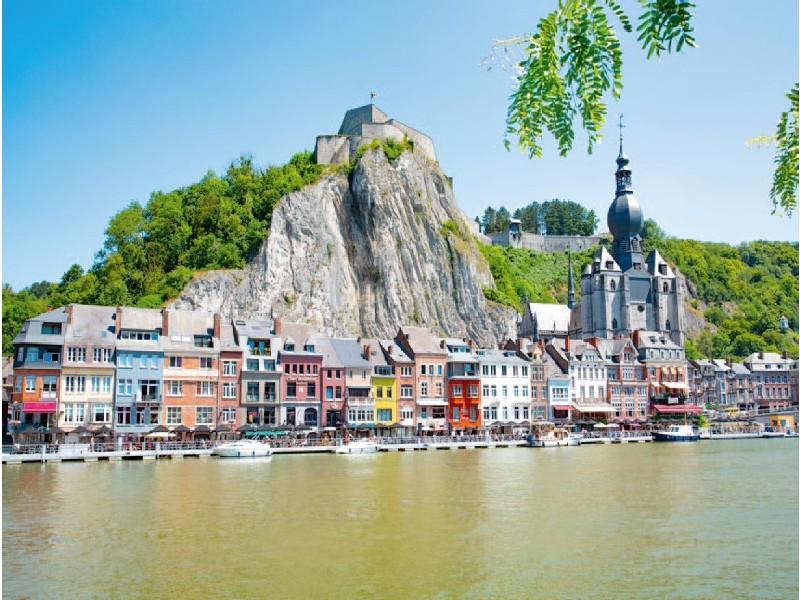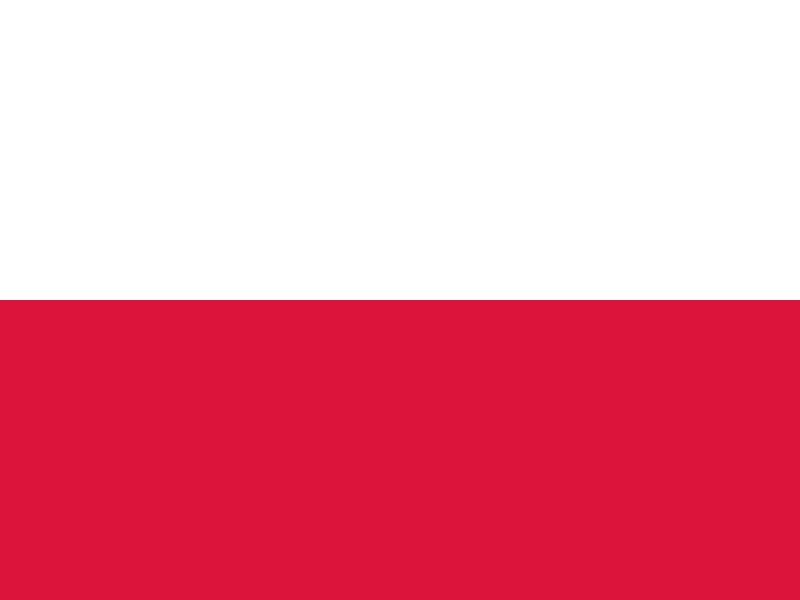
Belgium
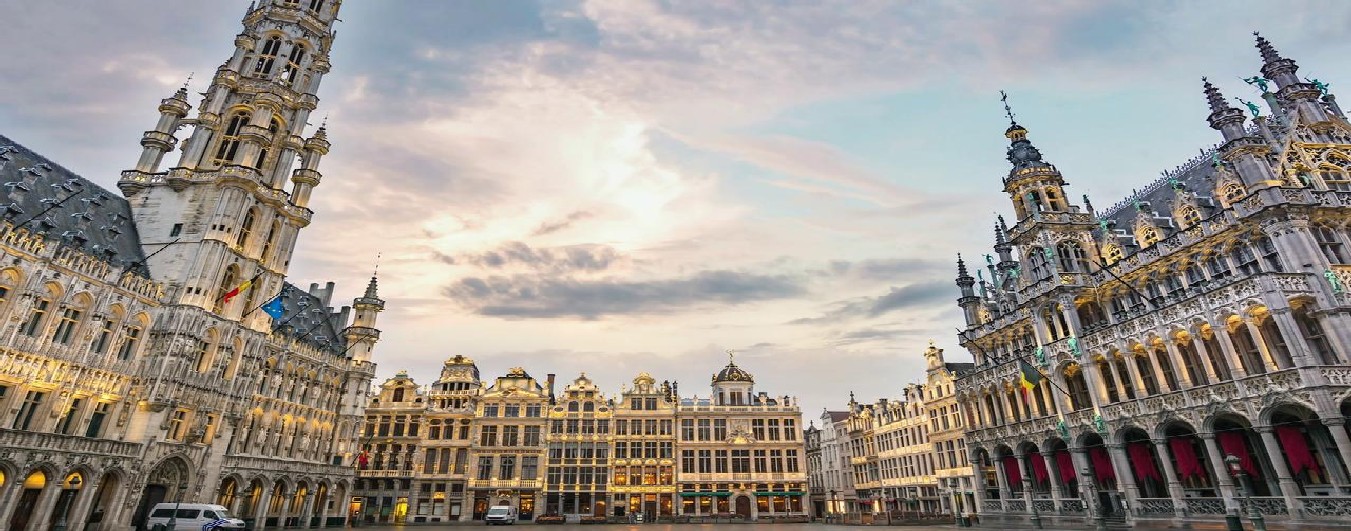
Start your education career with us.
One of the smallest countries in Europe, Belgium is bordered by France, Luxembourgh, the Netherlands, and Germany.
FAST FACTS
- OFFICIAL NAME: Kingdom of Belgium
- FORM OF GOVERNMENT: Federal parliamentary democracy under a constitutional monarchy
- CAPITAL: Brussels
- POPULATION: 11,570,762
- OFFICIAL LANGUAGES: Dutch, French, and German
- MONEY: Euro
- AREA: 11,787 square miles (30,528 square kilometers)
Depending on their nationality, some international students will be required to prove their right to work to an employer and will have to adhere to certain guidelines like the period of employment and the amount of working hours. Students from countries outside the European Economic Area (EEA) will receive a residence permit (an electronic foreigner card type ‘A’) containing the statement stipulating their admission to work. The statement will be automatically put on the residence permit. Because student employment has to be compatible with studying International students from countries outside the European Economic Area (EEA) may only work up to 20 hours a week. The social inspectorate may check this. The permission to work is valid throughout Belgium and can be used for any paid employment in any region of the country.There is an exemption for student employment during the school holidays. Non EEA students can then work more than 20 hours a week. Students arriving in Belgium during the summer holidays (or just before it starts) with the aim of commencing studies in the new academic year may not work during this summer holiday.This is because they do not meet the legal requirement of 'having enrolled in a higher education establishment during the previous academic year'.
Non EEA-students can no longer apply for a work permit C. If you applied for a work permit C before 1 January 2020, you will still receive it. If you still have a valid work permit C, you may continue to use it until its expiry date. As soon as you renew your temporary residence permit, the new card will mention your limited access to employment (“toegang arbeid: beperkt”).
As a recognised refugee or a subsidiary protected person, you are allowed to work as an employee, even with a temporary residence permit. Admission to employment automatically results from your specific residence situation. As soon as you renew your temporary residence permit, the new card will mention your unlimited access to employment (“toegang arbeid: onbeperkt”).
EEA students and students from Switzerland are allowed to work without these formalities.
Why Study in Belgium
A high quality of life
An excellent healthcare system, an efficient public transport network, an intense cultural scene and easy access to a range of sports make Wallonia-Brussels a society renowned for its quality of life. The student status makes access to these services particularly affordable.
Student life is about more than just academic pursuits. Alongside the spaces set aside for study, the campuses of the institutions offer leisure, cultural, sports and catering facilities. Throughout the year, the events organised by the student associations (student clubs) reflect the dynamism and intensity of student life.
For its open and multicultural society
For several years, Belgium has featured among the top 3 most globalized countries in the world according to the ranking by the Swiss Economic Institute (Kof). In addition to French, the official language in the Wallonia-Brussels Federation, the majority of the population speaks English, especially in the capital.
The higher education bodies of Wallonia-Brussels are particularly active on the international stage: in particular, they continue to develop new partnerships with foreign institutions to facilitate and enhance the mobility of students and researchers: about 20% of students (40% at doctorate level) enrolled in higher education in the Wallonia-Brussels Federation are of foreign origin.
A wide choice of study programmes at an affordable price
The 42 universities, university colleges and arts colleges of the Wallonia-Brussels Federation provide short or long-term, specialized or core courses in an impressive number of disciplines.
In addition, the tuition fees are very reasonable. In fact, the authorities want to ensure that higher education courses are of high quality and affordable for Belgian and international students. They therefore invest heavily in higher education, finance universities, university colleges and arts colleges and thus bear a large part of the actual cost of studies.
Study at the heart of Europe
Brussels, capital of Belgium, is the seat of the European institutions, the North Atlantic Treaty Organization (NATO) and more than 1,000 international organisations and companies. It is the ideal place to study in an international and multilingual environment offering numerous networking opportunities.
Want to visit other European countries and cities? The main European capitals (Paris, Amsterdam, London or Berlin) are within easy reach of the Wallonia-Brussels Federation, so you can effortlessly organise a trip during your studies.
If this diploma has been issued in another language than Dutch, French, English or German, it must be accompanied by a translation in one of these four languages
After the online application, the International Admissions Desk will verify the entered information. When complete and verified, you will receive an e-mail to proceed Then, again, you will receive an e-mail with instructions on how to submit the paper application package .
When your application was successful, you will receive a letter of admission. This letter enables you to: The letter of admission will state the following information:
A Letter of Acceptance is provided and sent to you. You can now apply for a visa.
STEP 1 - Fill in the Application Form
Click for the Application Form
Be sure to upload the required documents to the online application form:
1. Copy of passport;
2. High School Diploma and Bachelor Diploma if you have;
3. Transcript of records;
4. Photo ID;
5. Letter of motivation;
6. 2 reference letters (for Master's Degree Programs);
7. Updated CV
8. Proof of language proficiency (equivalent to B2 level)
STEP 2 - Apply for the equivalence of qualification
You will need to request acknowledgement of equivalence of qualification
STEP 3 - Verification and Confirmation
STEP 4 - Send the application package
STEP 5 - Letter of Admission
STEP 6 - Visa Application
